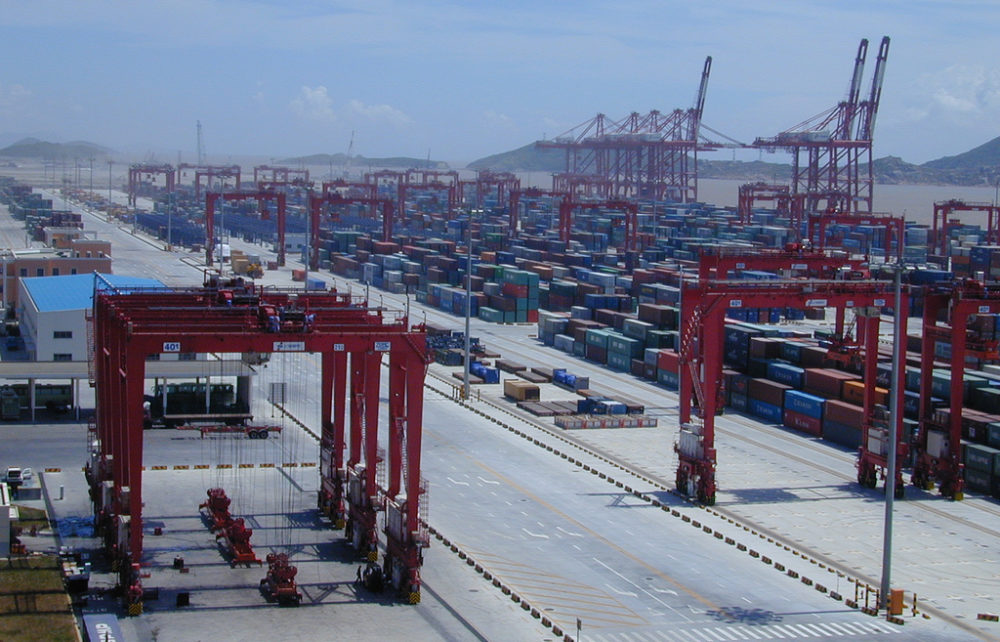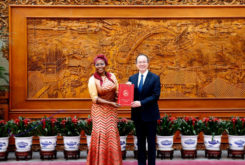China´s State Council’s Customs Tariff Commission announced zero tariffs on 98% of imports from Angola and 5 other African countries, effective from December 25, while Beijing and Luanda signed a deal to facilitate and protect bilateral investment.
This move enables the beneficiary nations – Angola, Gambia, Democratic Republic of the Congo, Madagascar, Mali, and Mauritania – to export to China without facing customs duties on “over 8000 different tariff lines”, according to the same source
Over the past two years, China removed tariffs on 98% of products from 21 African nations, including Ethiopia, Niger, Benin, Mozambique, and Sudan.
Guinea-Bissau and Sao Tome among 10 countries to have zero-tariff access to Chinese market
This tariff reduction aligns with Beijing’s plan to boost agricultural imports from Africa, as outlined by President Xi Jinping during the 8th ministerial conference of the Forum on China-Africa Cooperation (FOCAC 8) in Dakar in November 2021.
Xi aimed to increase China’s imports from Africa to USD 100 billion annually from 2022 and USD 300 billion annually by 2035.
Data from China’s General Administration of Customs in August revealed that trade between China and Africa reached USD 156.4 billion in the first seven months of 2023, a 7.4% increase from the same period in 2022.
The pact, signed by Chinese Minister of Commerce Wang Wentao and Foreign Minister of Angola Tete Antonio, is a mutually beneficial, high-quality investment agreement that stipulates a dispute settlement mechanism and the investment protection obligations of the two sides.
This year marks the 40th anniversary of the establishment of diplomatic ties between China and Angola.
Angola-China Mutual Investment Protection Agreement Ready for Signature
The signing of the agreement is expected to enhance investor confidence on both sides and create a more stable, convenient and transparent business environment for enterprises from both countries, the ministry said.
Next, the two sides will carry out their respective domestic procedures to promote the agreement’s early entry into force, according to the ministry.




